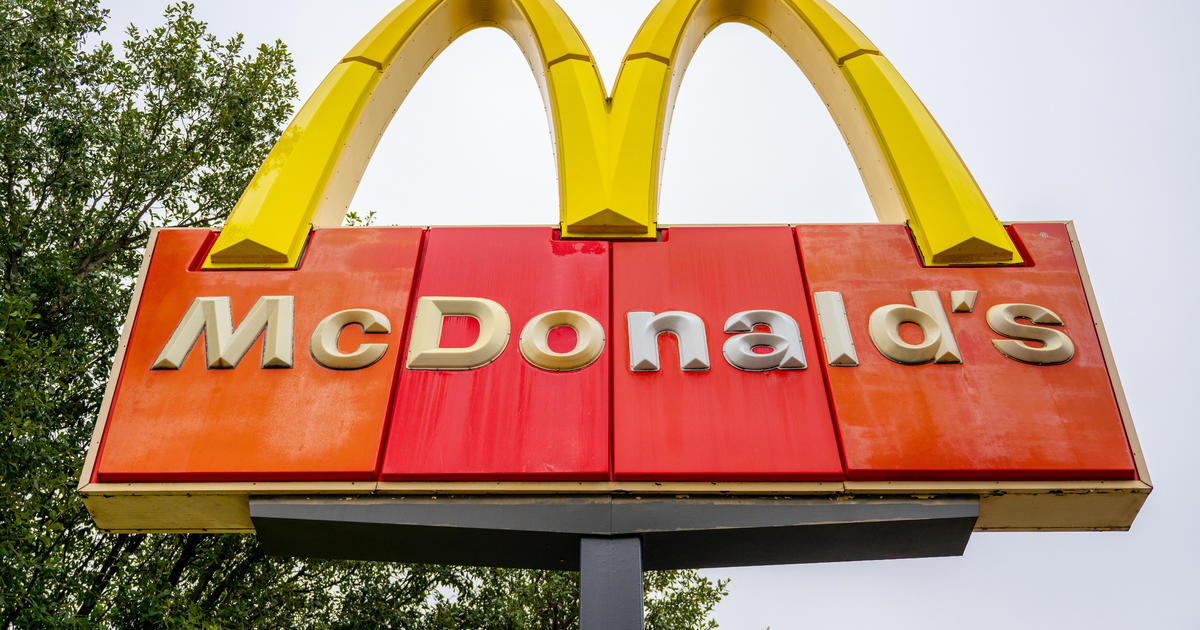Starting Monday, most California fast-food workers will earn at least $20 an hour — the highest minimum wage across the U.S. restaurant industry. Yet the pay hike is sparking furious debate, with some restaurant owners warning of job losses and higher prices for customers, while labor advocates tout the benefits of higher wages.
The new law, signed by Governor Gavin Newsom last fall, takes effect on April 1, requiring that fast-food chains with at least 60 locations nationwide pay workers at least $20 an hour. The means the state’s 553,000 fast-food workers will earn more than the state’s $16 minimum wage for all other industries.
The new baseline wage comes as the fast-food industry is seeing booming earnings, with big chains like McDonald’s enjoying strong revenue growth and wider profit margins in recent years. That’s partly due to menu prices that have far outpaced inflation, with fast-food costs surging 47% over the past decade, compared with an average of 29% for all other prices, according to a new analysis from the Roosevelt Institute, a nonpartisan think tank.



Chris Micheli, a California lobbyist and adjunct professor of law at McGeorge School of Law, said Flynn likely would have had a good case had he chose to challenge the Newsom administration’s interpretation of the law. The law defines what a fast-food restaurant is, and says it is not an establishment that “operates a bakery that produces for sale on the establishment’s premises bread.”
The law goes on to say the exemption only applies “where the establishment produces for sale bread as a stand-alone menu item, and does not apply if the bread is available for sale solely as part of another menu item.”
“On its face it appears that it would be applicable, however a court might have to determine what is included in the word ‘produce’ in order for the exemption to apply,” Micheli said.
I mean, you can say a cow is a barnacle but it doesn’t make it so. You could probably take that to court, too, but it doesn’ tmean the claim has merit or will go anywhere.
Panera does not make the dough on site. The clause appears to be applicable on its face because IT IS.